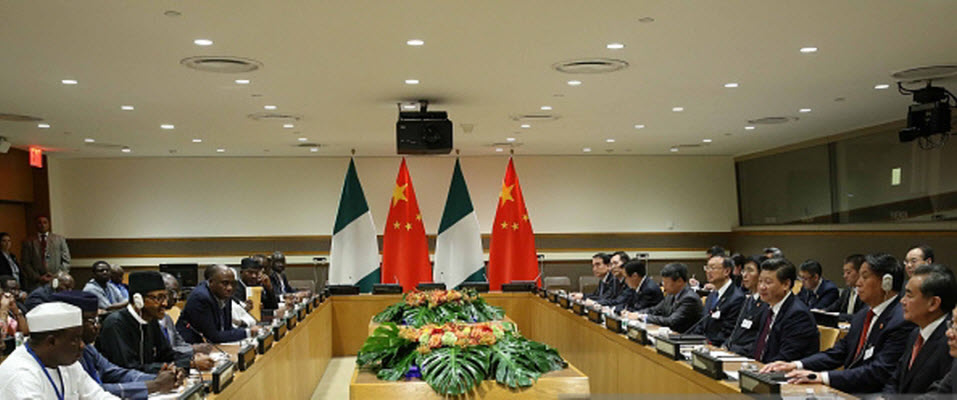There are no products in your shopping cart.
| 0 Items | £0.00 |


NIGERIA has resumed importing refined petrol from China with 37,000 tonnes bought during the course of September as the nation grapples with the fact that its three refineries are not working and it will remain a net importer despite being a big crude oil producer.
Rather embarrassingly, Nigeria is a big petrol importer despite the fact that she is Africa's largest crude oil producer and the world's sixth largest petroleum exporter. Over the last week, Nigeria signed a memorandum of understanding with neighbouring Niger Republic to supply her with refined petrol to help meet domestic demand.
All of Nigeria's three state-owned refineries in Warri, Port Harcourt and Kaduna are broken down at the moment and a mega private refinery being built by Africa's richest man Aliko Dangote is not due to come on stream until next year. As a result, the country remains dependent on petrol and diesel imports.
China is the world's biggest crude oil importer but due to the fact that it has functioning refineries, the Asian giant is able to export petrol. According to energy analyst S&P Global Platts, data available General Administration of Customs (GAC) showed that Nigerian last imported petrol from China in July 2019 but this has now resumed.
Togo was the first African country to import Chinese petrol in April 2018 when she bought 50,000 tonnes followed by Nigeria in January 2019 with 51,000 tonnes. In June this year, Kenya and South Africa imported 40,000 tonnes and 35,000 tonnes of Chinese petrol respectively, according to the GAC.
China’s annual crude oil imports increased by 0.9m barrels per day in 2019 to an average of 10.1m barrels per day according to the United States Energy Information Administration (EIA). Last year, China’s refinery capacity increased by 1m barrels per day, primarily because two new refining and petrochemical complexes came online with capacities of 400,000 barrels each.
As a result, the country’s refinery processing also increased to an all-time high in 2019, averaging 13m barrels per day for the year, according to the EIA. Uneven demand recovery in Africa has led to a divergence in support for Asian transportation fuel markets as diesel and jet fuel requirements weaken while demand for petrol remains robust, industry sources said.
This slowdown in Africa’s diesel and jet fuel demand, in particular, has removed a significant pillar of support from Asian middle distillate markets after buoying them for most of the third quarter. Africa draws most of its petrol and middle distillate imports from the Persian Gulf and the Mediterranean and an increase in demand typically lends indirect support to Asia.